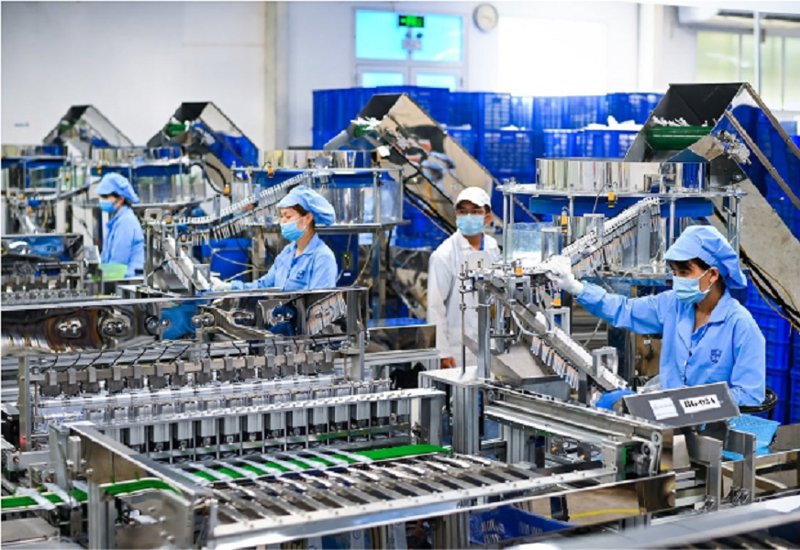Vietnam has long been assessed by European and US investors as a global investment destination but the country needs to do more to attract foreign investment, according to analysts.
At a recent workshop held by the Vietnam International Arbitration Center (VIAC) on “International Investment and Trade amid a world full of fluctuations: What should businesses do?”, Vice Chairman of EuroCham Vietnam Nguyen Hai Minh said a survey it conducted showed that Vietnam’s business environment index fell from 73 to 48 points between the first and fourth quarters of 2022.
This reflected a lack of optimism in business operations by European businesses around the globe in general and in Vietnam in particular.
The index remained the same, at 48 points, in the first quarter of 2023.
In the quarter, 36 per cent of leaders of European businesses replied in a quick survey that Vietnam is among their top 5 investment destinations, which is a positive sign, according to Mr. Minh.
Deputy Managing Director of the US-ASEAN Business Council Vu Tu Thanh said US businesses remain positive when looking at Vietnam in the mid-term.
In late March, a delegation of 52 US businesses, the largest ever, visited Vietnam to seek opportunities, confirming the huge interest in the country among US investors.
From now to year’s end, many other businesses plan to visit Vietnam as the trend to relocate and reorganize global supply chains continues.
US investors in accommodation want to turn Vietnam into the largest market in ASEAN over the next few years, according to Mr. Thanh.
A top US bank also plans to relocate its ASEAN headquarters from Hong Kong (China) to Vietnam.
US businesses appreciate Vietnam’s healthcare sector. The country can “leap forward” in supply chains in the fields of healthcare and the digital economy as the US no longer imports hardware from China. This is a major opportunity for Vietnam in cooperating with US businesses, he said.
Indirect investment from the US is also coming to Vietnam as investors recognize the asset quality and capacity in the country, he added. Vietnamese businesses should tap this opportunity to promote production and trade in this difficult time.
However, in order to attract investment from the US and the EU and tap the available opportunities, analysts believe there are many things that Vietnam must do.
Mr. Minh said the leading factor that EU businesses consider when investing in Vietnam is the reform of institutions, the business and investment environment, and administrative procedures.
Trends around the world are changing, especially those relating to green production, green consumption, sustainable development, and human rights.
Green production and sustainable consumption are no longer just slogans and consideration is needed when the EU and the US issue regulations. Vietnamese businesses are required to meet all conditions to more deeply join supply chains.
Participants also suggested that Vietnam improve its legal foundation and infrastructure, as the country is being eyed by European investors as a logistics center in ASEAN. It needs to adopt a mechanism for foreign investors to invest in such a center in the country.
Human resources quality also affects FDI decisions, they said.









 Google translate
Google translate